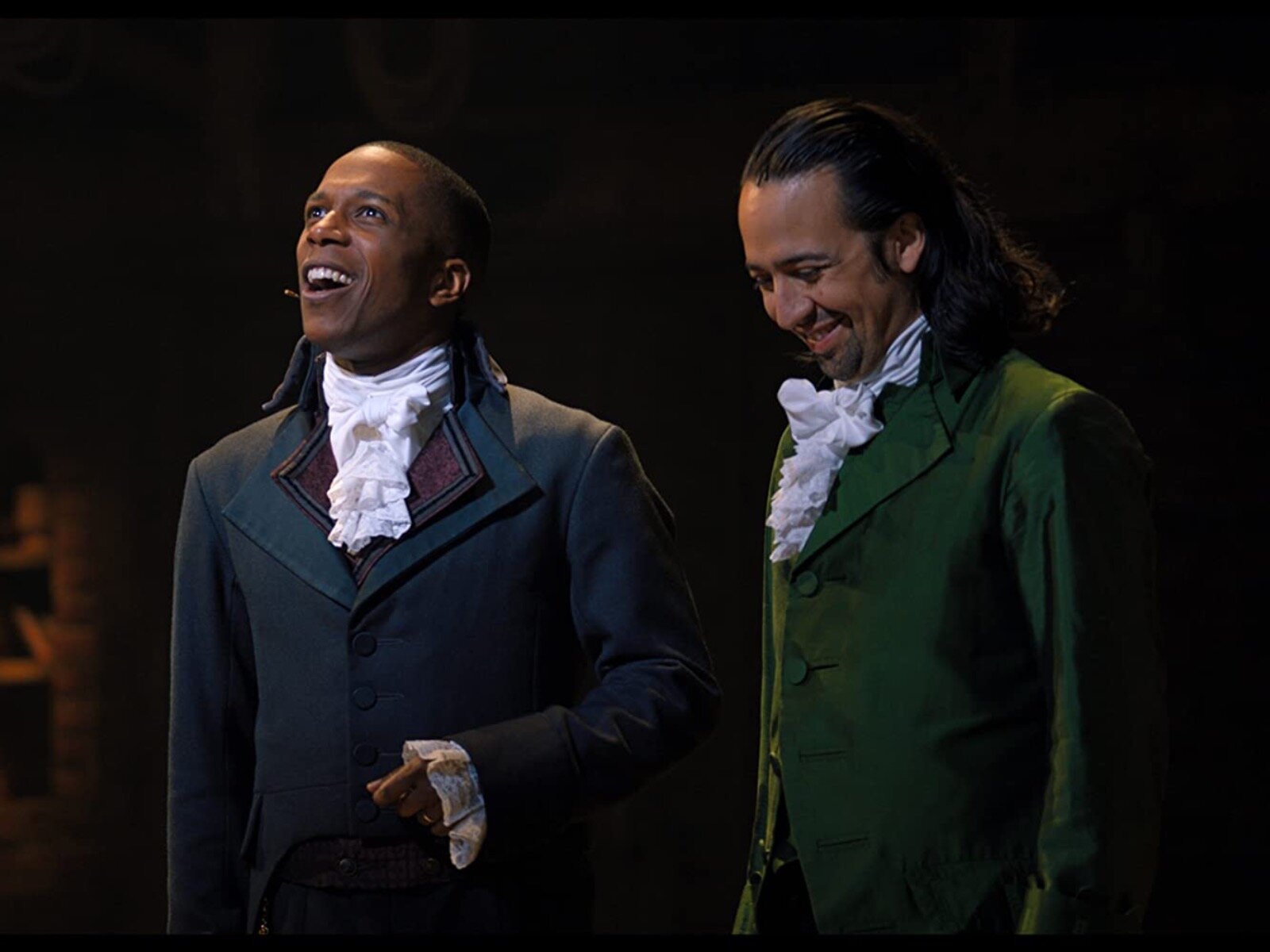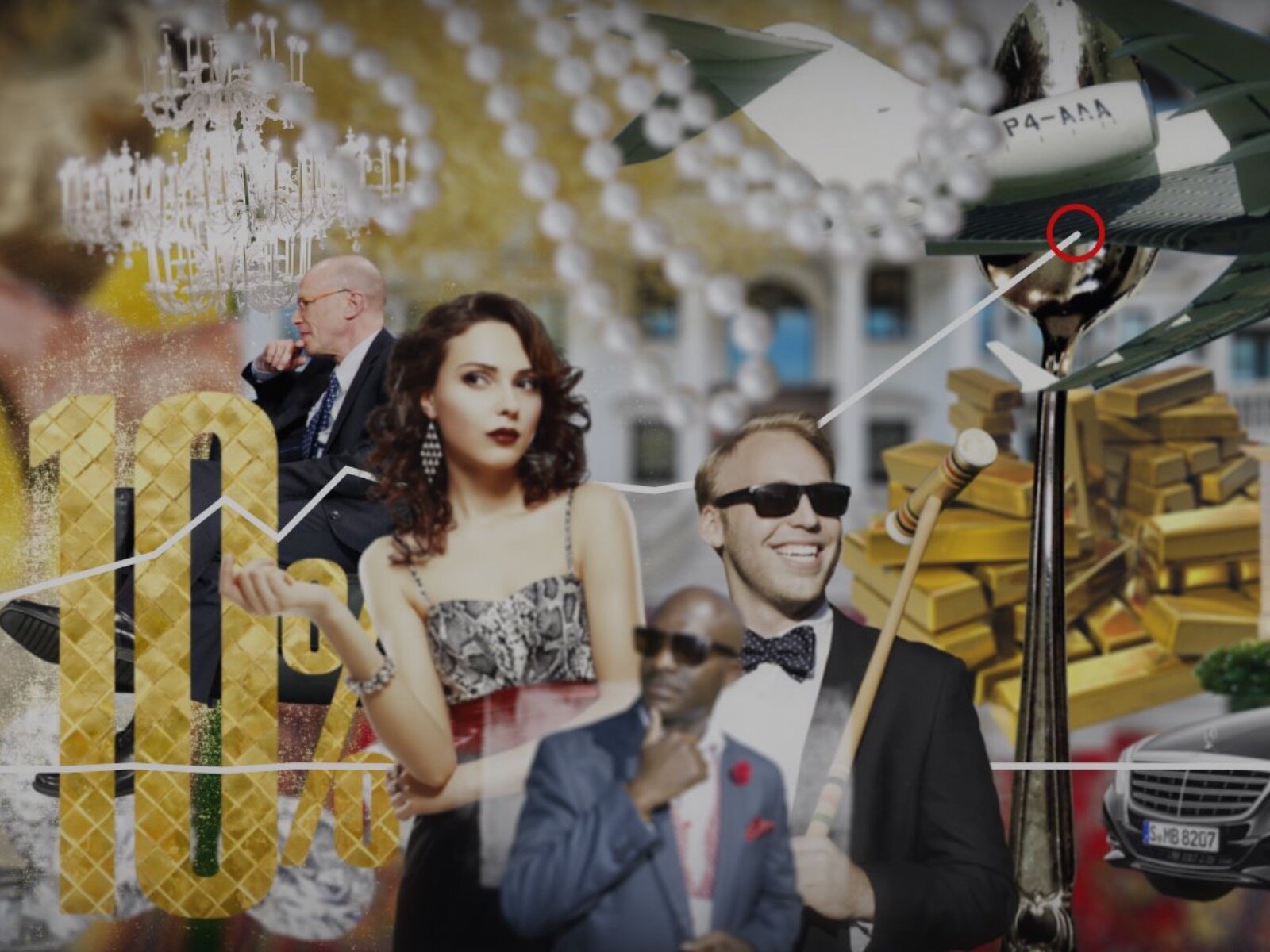Director Baz Luhrmann is an auteur of over-the-top excess. An overload of edits. An overload of camera tricks. An overload of flashy, colorful, loud melodrama. If the first 10 minutes of "Romeo + Juliet" (which I’d still argue are unwatchable) or the first half an hour of "Moulin Rouge!" prove anything, it’s that Luhrmann has never met a frantic zoom, edit, close-up or glittering flourish he didn’t like.
No, nuance or subtly isn’t really Luhrmann’s game, but in the past, his hectic, overblown grandiosity always seemed to match the overblown grandiosity of his film’s emotions. Say what I will about the craziness of the first half of "Moulin Rouge!," but by the end, it was damn difficult not to get caught up in the movie’s big, shamelessly heart-filled doomed romance.
Now there’s his rendition of F. Scott Fitzgerald’s high school classroom classic "The Great Gatsby," done up as the big, loud extravagant 3-D summer blockbuster I doubt Fitzgerald had in mind when he wrote his time-honored critique of the vapid lifestyles of the rich and the growing emptiness of the American dream. The end result feels a bit too much like one of Gatsby’s parties: a whole lot of razzle dazzle with a hollow emotional core.
Beneath all the sparkle and 3-D pizzazz, the story, adapted by Luhrmann and co-writer Craig Pearce, is essentially the same from when you read it back in high school. Wide-eyed innocent Nick Carraway (Tobey Maguire) recalls his life amongst New York City’s filthy rich during the Roaring Twenties. In one of the few glaring deviations from the book, our mentally tormented narrator tells his story upon recommendation from a psych ward doctor, a clumsy frame story that rings awfully similar to "Moulin Rouge!."
He writes glowingly about his West Egg neighbor, the mysterious, enigmatic and ever-hopeful Jay Gatsby (Leonardo DiCaprio). After attending one of Gatsby’s legendary parties, Nick is recruited to reconnect his host with his long-lost love Daisy (Carey Mulligan), who lives across the bay in East Egg with her boisterous, philandering husband Tom Buchanan (Joel Edgerton, "Zero Dark Thirty"). Their glowing green dock light taunts and eggs Gatsby on. They eventually do begin an affair, rekindling their romance from before Jay went off to World War I.
Fitzgerald’s novel, however, isn’t exactly known for a romantic streak. Thus it all comes crashing down (quite literally) as a past-obsessed Gatsby puts the pressure on Daisy to make a choice between him and Tom, and the truth about Gatsby’s fortune – and his association with the shady Meyer Wolfsheim, played by Bollywood star Amitabh Bachchan in a glorified cameo – gets uncovered.
"Gatsby" seems to have all of the elements that make up a typical Luhrmann-esque epic melodrama. It certainly comes with the director’s signature, written all over the film in fireworks, but the most crucial element – the big emotion that usually comes with the big style – is absent.
It’s not the fault of the star-studded cast. Maguire is right in his wheelhouse as the observant Nick, and DiCaprio, looking strangely younger than ever, uses all of his star-magnetism to make Gatsby as intriguing as Carraway makes him sound (DiCaprio detractors will likely have a field day with his accented use of "old sport," but it’s no "duly appointed federal maashaals"). Of all of Luhrmann’s visuals, the most compelling might simply be DiCaprio’s face, which wears all of his enthusiasm, hope and insecurities.
Though her inevitable reveal as a self-absorbed heartbreaker rings less true, Mulligan brings a soulful humanity to the role of Daisy. Her performance comes as a sharp contrast to Edgerton’s larger-than-life take on Tom. If this and "Moulin Rouge!" are any sign, Luhrmann likes his villains loud, mustached and cartoonish. Thankfully, Edgerton is just on the right side of hammy.
The film’s secret weapon is actually newcomer Elizabeth Debicki, who plays Daisy’s golf playing socialite friend Jordan Baker. She’s a spark of life every time she’s on screen, bringing memorable snap to some of the Fitzgerald’s zestier lines. Her response when there are no more windows to open in their balmy hotel room? "Well, we’d better telephone for an axe."
The cast is game, but they are buried underneath a pile of glossy confetti, costumes and glitzy visuals. Admittedly, Luhrmann’s vision of Fitzgerald’s book is often intoxicating, and there’s something to fascinate the eye in at least every other scene. Gatsby’s fireworks-punctuated dramatic reveal, for instance, is a perfect example of the film going over-the-top for triumphant dramatic effect.
When the style is always cranked to that level, however, everything else – the storytelling, the emotion – is lost. Luhrmann is so eager to impress that the over-caffeinated editing, attempting to cram in as much as possible, doesn’t allow any of the scenes to breathe. Combined with Jay-Z’s distracting anachronistic soundtrack, I found "The Great Gatsby" disappointingly distant.
While we’re on the topic of disappointingly distant things, let’s talk about the green light. It’s everywhere in the movie (along with Dr. T.J. Eckleburg’s ominously judgmental eyes) to the point that it loses its significance. In case you forget, though, Maguire’s voiceover narration – which occasionally appears on screen because … why not; it looks cool – will blatantly tell you, and then also proceed to point out what is happening. I understand Fitzgerald’s prose is pretty brilliant, but mixed with the visuals, it’s redundant, and it gives the film the subtlety and grace of a car crash.
Speaking of, wait until Myrtle – played by Isla Fisher – meets her unfortunate demise (the book came out 90 years ago so no, that’s not a spoiler). Conducted by Baz, it’s a preposterous symphony of overblown excess.
The spectacle is both the film’s blessing and curse. It overwhelms the movie, but it also makes it occasionally mesmerizing to behold (even in 3-D). There really is no reason to wait to see "Great Gatsby" at home; its flamboyant overkill would certainly be lost on a television screen, no matter how big. But one of the great American novels deserves better than simply being a shiny distraction.
As much as it is a gigantic cliché to say that one has always had a passion for film, Matt Mueller has always had a passion for film. Whether it was bringing in the latest movie reviews for his first grade show-and-tell or writing film reviews for the St. Norbert College Times as a high school student, Matt is way too obsessed with movies for his own good.
When he's not writing about the latest blockbuster or talking much too glowingly about "Piranha 3D," Matt can probably be found watching literally any sport (minus cricket) or working at - get this - a local movie theater. Or watching a movie. Yeah, he's probably watching a movie.







